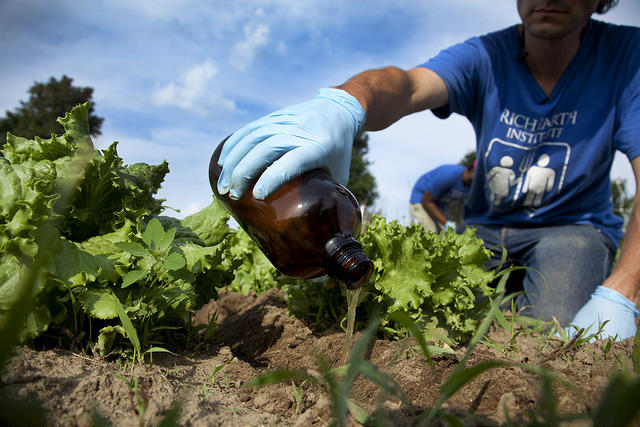The US National Science Foundation has just been given a grant for a research project, trying to turn human urine into a safe fertilizer for agricultural crops. The grant is worth $3 million and it will be conducted by the University of Michigan, the Vermont-based Rich Earth Institute, U-M School of Natural Resources and Environment, U-M School of Public Health, University at Buffalo and independent consultants.
The grant launches the biggest nationwide program, exploring the technology, system requirements and social attitudes linked to urine-derived fertilizers. It also draws on the work that was started a few years ago. For two years already, scientists have also been exploring options of removing bacteria, viruses and residual pharmaceuticals from urine to make it a safe and viable crop nutrient.
However, urine also contains potassium, phosphorus and nitrogen – all of them important nutrients for plants to grow – and the municipal treatment systems do not remove all of these nutrients from wastewater. As excess nutrients can cause environmental and health problems and producing synthetic crop nutrient is costly and energy intensive, there are numerous research projects to grow food in a cost-efficient and environmentally friendly way.
According to Abraham Noe-Hays, Director of Research at the Rich Earth Institute, there are already “methods for producing safe fertilizer from urine at the small scale, and now we are developing new technologies to meet the challenge of scaling up. At the same time, we will be assessing ways to introduce the idea of urine recycling into existing modes of thinking”.
This project is trying to leverage the possibilities of technology but the researchers admit that the main obstacle lies in the social behavior problem – the team is therefore investigating “the attitudes people hold towards the use of urine-derived fertilizers and will be testing and evaluating educational interventions,” Nancy Love, U-M Professor of Civil and Environmental Engineering, said.




